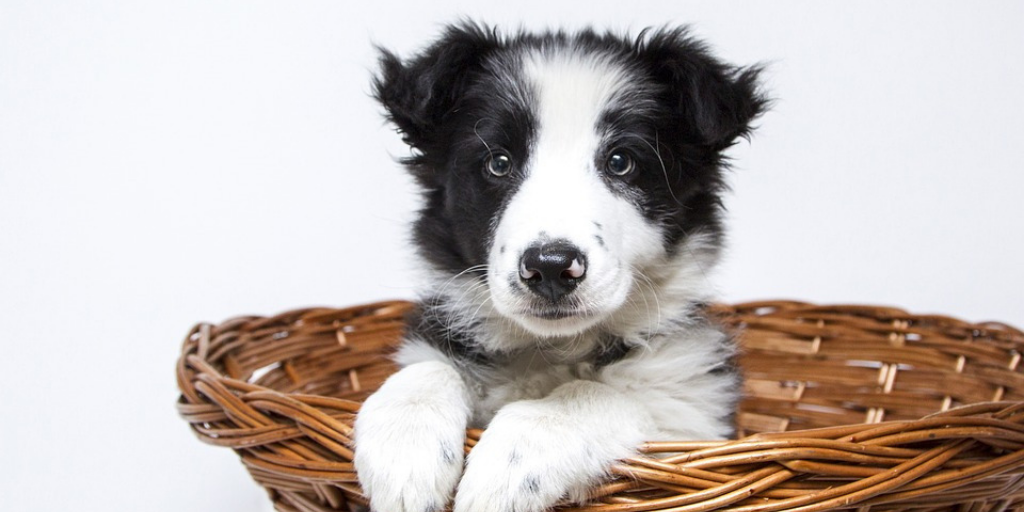So you're thinking of getting a dog! The day you bring home a new pup is one of the best days you'll experience. You probably have an idea or two (or several) about what your life will be like with your new canine companion. But before we get ahead of ourselves, it's important to choose the right breed for you and your lifestyle. Here are four questions to ask yourself before getting a new dog:
1. What Is Your Lifestyle?
It's probably a good idea to first evaluate your lifestyle. Are you an active person who enjoys hiking, running and other adventures? Or would you rather lounge around the house on the weekends? Are you a social butterfly who always has plans? Or are you more content spending time on your own? All of these questions can help you determine what kind of dog would fit well with your lifestyle. For example, some breeds - like Labrador Retrievers, Border Collies, Siberian Huskies - have lots of energy and fit better with an active owner. Other breeds, however, are lazy and prefer a more sedentary lifestyle, like the English Bulldog, Basset Hound or Pug.
2. Puppy Or No?
Puppies are absolutely adorable, but they are a lot of work. They take a lot of time, patience and energy and need quite a bit of attention, exercise and training (potty, obedience, socialization, etc.). That just doesn't work for some people, and that's okay! There are lots of young adult, adult and senior dogs out there in need of loving homes. Many of these dogs already have some training in them and are more content to just relax with you. If you aren't ready to commit to raising a puppy, an older dog is the way to go.
3. What Kind Of Temperament?
Another question to ask yourself is what kind of temperament do you want in a dog? Temperament is an animal's nature, especially as it affects their behavior. The temperament of dogs is affected by a few factors, including their breed. This is because different breeds were developed for different jobs and thus they have unique temperaments, habits and instincts.
For example, collies and other shepherds were bred to herd livestock, so they often end up herding the people in their home. Scent hounds, who were bred to locate quarry, often need to be kept on leash in case they catch wind of scent and follow it. And Mastiffs were bred to be bodyguards, so while they are loving and affectionate toward their family, they may be cautious around strangers, especially in their home.
If you have specific desires or needs when it comes to your new pup, it's a good idea to familiarize yourself with the temperament, habits and instincts of various breeds. That way you can choose the one works best for you and your family.
4. Do You Have Children or Other Pets?
If you already have children or pets, you'll want to look for a dog that does well with them. Some breeds are better with kids and other animals, but often this depends on the individual dog (despite his or her breed). Most rescues and adoption organizations will let you know if the dog is good with children and other animals. If you want a dog breed known for being good with children and other animals, make sure you do some research. Breeds that tend to do well with children, dogs and cats include Golden Retrievers, Labrador Retrievers, English Bulldogs, Beagles, Collies, Pugs, and several others.

